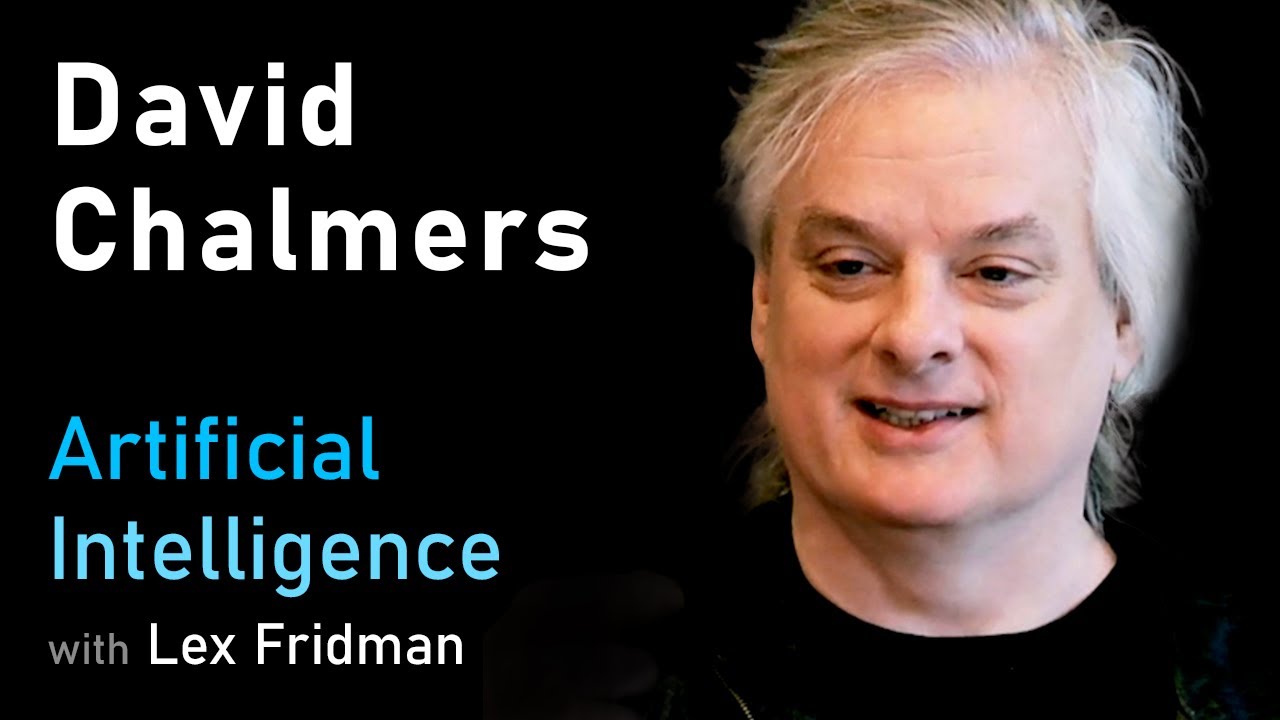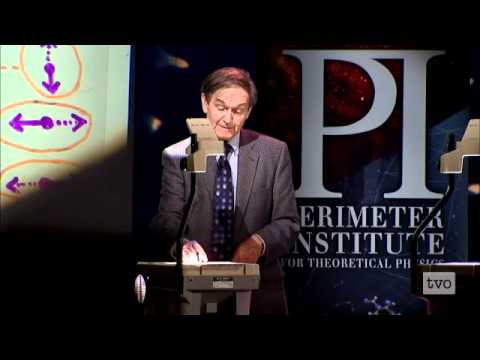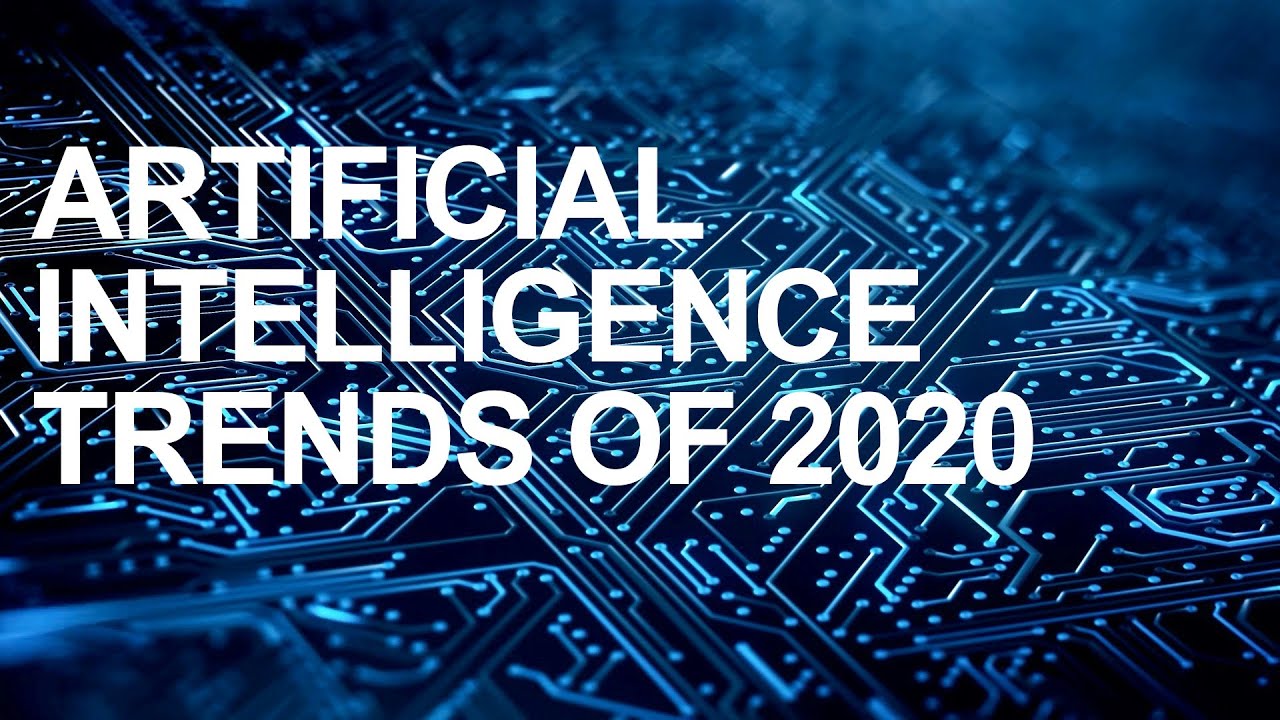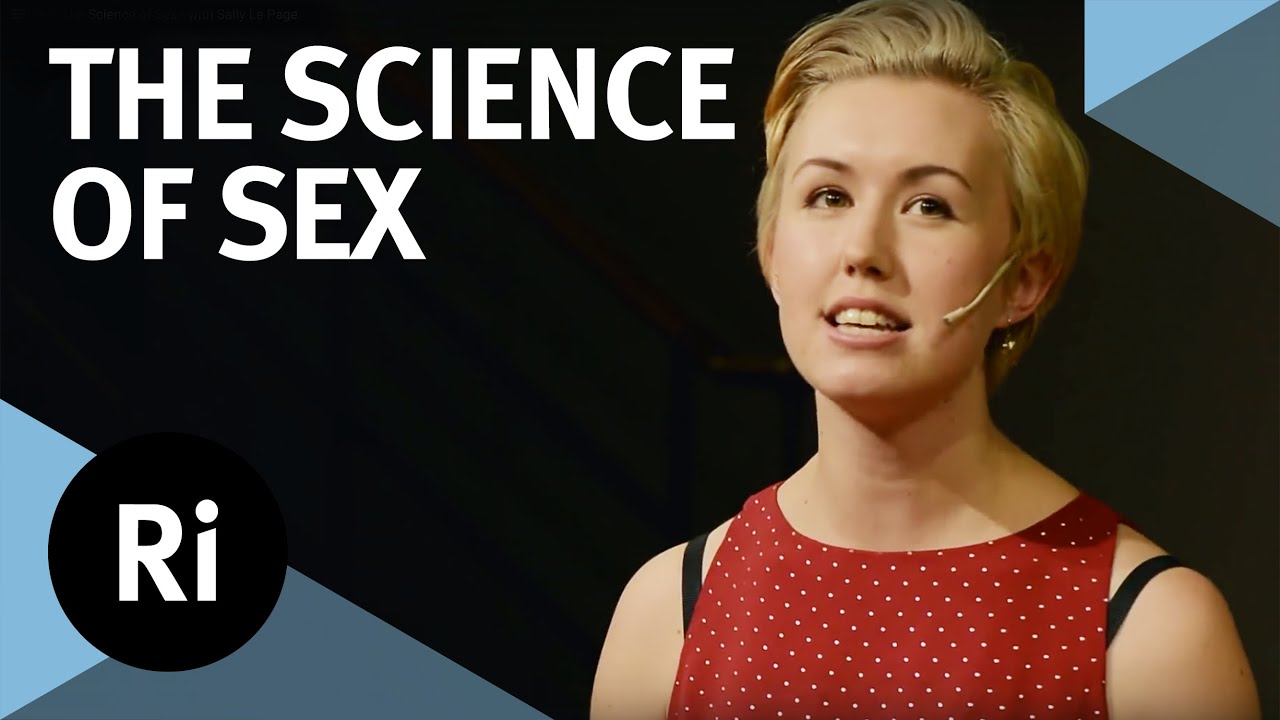Lex Fridman
David Chalmers is a philosopher and cognitive scientist specializing in philosophy of mind, philosophy of language, and consciousness. He is perhaps best known for formulating the hard problem of consciousness which could be stated as “why does the feeling which accompanies awareness of sensory information exist at all?” This conversation is part of the Artificial Intelligence podcast.
This episode is presented by Cash App. Download it & use code “LexPodcast”:
Cash App (App Store): https://apple.co/2sPrUHe
Cash App (Google Play): https://bit.ly/2MlvP5w
INFO:
Podcast website:
https://lexfridman.com/ai
Apple Podcasts:
https://apple.co/2lwqZIr
Spotify:
https://spoti.fi/2nEwCF8
RSS:
https://lexfridman.com/category/ai/feed/
Full episodes playlist:
https://www.youtube.com/playlist?list=PLrAXtmErZgOdP_8GztsuKi9nrraNbKKp4
Clips playlist:
https://www.youtube.com/playlist?list=PLrAXtmErZgOeciFP3CBCIEElOJeitOr41
OUTLINE:
0:00 – Introduction
2:23 – Nature of reality: Are we living in a simulation?
19:19 – Consciousness in virtual reality
27:46 – Music-color synesthesia
31:40 – What is consciousness?
51:25 – Consciousness and the meaning of life
57:33 – Philosophical zombies
1:01:38 – Creating the illusion of consciousness
1:07:03 – Conversation with a clone
1:11:35 – Free will
1:16:35 – Meta-problem of consciousness
1:18:40 – Is reality an illusion?
1:20:53 – Descartes’ evil demon
1:23:20 – Does AGI need conscioussness?
1:33:47 – Exciting future
1:35:32 – Immortality
CONNECT:
– Subscribe to this YouTube channel
– Twitter: https://twitter.com/lexfridman
– LinkedIn: https://www.linkedin.com/in/lexfridman
– Facebook: https://www.facebook.com/lexfridman
– Instagram: https://www.instagram.com/lexfridman
– Medium: https://medium.com/@lexfridman
– Support on Patreon: https://www.patreon.com/lexfridman
Source




I really enjoyed this conversation with David. Here's the outline:
0:00 – Introduction
2:23 – Nature of reality: Are we living in a simulation?
19:19 – Consciousness in virtual reality
27:46 – Music-color synesthesia
31:40 – What is consciousness?
51:25 – Consciousness and the meaning of life
57:33 – Philosophical zombies
1:01:38 – Creating the illusion of consciousness
1:07:03 – Conversation with a clone
1:11:35 – Free will
1:16:35 – Meta-problem of consciousness
1:18:40 – Is reality an illusion?
1:20:53 – Descartes' evil demon
1:23:20 – Does AGI need conscioussness?
1:33:47 – Exciting future
1:35:32 – Immortality
"Why does the feeling which accompanies awareness of sensory information exist at all?"
Only the original matter of the ecosystem can actually consciously ask “how does awareness arise from matter?”. Therefore, the ecosystem, not each individual, feels.
There's a subtle contradiction between the opening part of the interview where he's basically saying that consciousness (as part of the brain) can be simulated on a computer, and between the part around 39:00 where's he saying that we could need a new kind of physics to explain consciousness. The problem with these two ideas is that a simulation can be executed on a computer running in a traditional physical universe (ie a Turing Machine). If a machine running on traditional physical hardware can simulate the new physics of consciousness, then we don't need this new physics at all.
Ancestry is observing the ecosystem from within it. Therefore, the one ecosystem of individuals, not each individual in it, observes.
Only an unconscious material original process can use the word “my” truthfully, so feeling is not a property of individuals.
Good stuff!
"Up to two billion times acceleration of scientific simulations with deep neural architecture search" https://arxiv.org/abs/2001.08055 (17 Jan 2020)
I must be a robot because I don't see any problem or issue with qualia, what it feels to experience redness or a smell (around 32:55). What it is to experience sensory inputs is… to experience sensory inputs!? We can talk about our experiences, but there's nothing special to the inputs. A robot seeing red or smelling a rose is doing the same thing I do. Chalmers and Fridman are right to move beyond this to actual interesting stuff like consciousness and subjective experience.
The ecosystem continually builds a mechanical family tree of individual experiences from only falling water and minerals, proving the ecosystem is subjective since it sufficiently demonstrates knowing (picturing) exactly how each of us looks and thinks.
live forever, not me, i am ready to checkout
Why did we evolve to have feelings?
A Roomba isn't conscious
I think the inquiry into phenomenal consciousness or hard problem is not in our domain of knowledge. At this point, we enter into the philosophical implications of AlGhazzali and others like him.
Great interviews. Just one thing: "phenomena" is plural. The singular form is "phenomenon". 😉
Consciousness could be a property that grows with the complexity of systems. We project too much when it comes to looking for it in other systems. We are biased in that we are alive, we have 70~yr life cycles, a day is a day to us. A tree might have a 400 year life cycle, respond very slowly to its environment, but still be conscious. I like this idea of thinking of it as a fundamental principle, just like "spin" or "charge". Even much larger systems such as galaxies could be having subjective experiences, just on much slower timescales than us. Celestial bodies communicate via light, energy, and gravitational info, who's to say this isn't in response to some input from a higher layer? If we could only look at individual mechanisms of consciousness, i.e. neurons, would we ever be able to tell that these parts form the building blocks for the intelligence of a large system? How? We discovered consciousness only when the gigantic complexity of our brains achieved a certain breaking point, but it doesn't mean consciousness wasn't a thing in the universe before we had enough of it to notice it.
I'm not even convinced consciousness is a result of life, it is probably just accelerated by it, because of life's tendency to combine materials to build a fortress to protect its own genetic material. If you think about it, we're not "one thing", we're millions of individual cells & dna & atoms, we're a giant complex system where each part has its own discrete identity and each part has goals in common. I think this is key.
Why did we evolve to have feelings? — Dulguun
We never did. Darwin’s individual animals are not each conscious. Darwin’s survival of the fittest (the animals here now belong here best) is an expression that applies to competing unconscious falling water and rock, so introducing consciousness to explain one of Darwin’s evolutionary steps is unnecessary and incorrect.
Hey there guys. i was wondering, they talk about pensikism or something? could someone correct me on how to spell that correctly? i'm from europe so excuse me if this is a dumb question.
I'd love to do more research about it.
Ah, this podcast is so a refresher.
Parts remind me of my first encounter with "Second Life from Linden Lab".
This is going to be my favorite one so far, and I’m only 7 minutes in
A clue for the hard problem "General Anesthesia Decouples Cortical Pyramidal Neurons" https://www.cell.com/cell/fulltext/S0092-8674(20)30105-7 (2-20-2020) "If feedback signaling occurs predominantly through apical dendrites, the cellular mechanism we found would explain not only how anesthesia selectively blocks this signaling but also why conscious perception depends on both cortico-cortical and thalamo-cortical connectivity"
Lex, I love your lack of pretension and taste in guests, keep it up!
When dreaming we often forget the outside world, so yes consciousness splits up.
Everything is alive. Life does not end at the other side of a cell's membrane. A city is an organism too. There is no isolated system in the universe. It's systems within systems, overlapping each other.